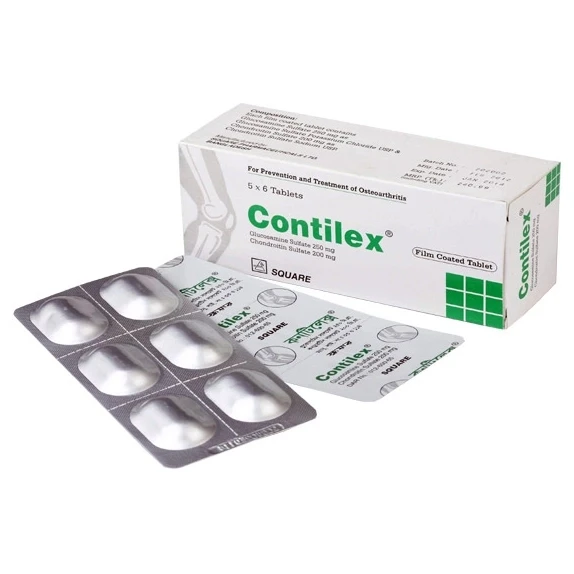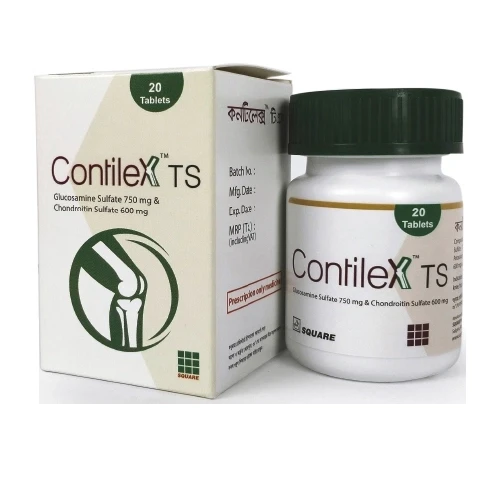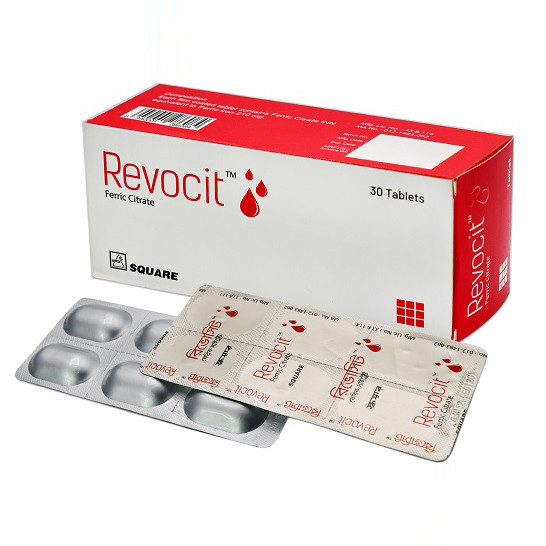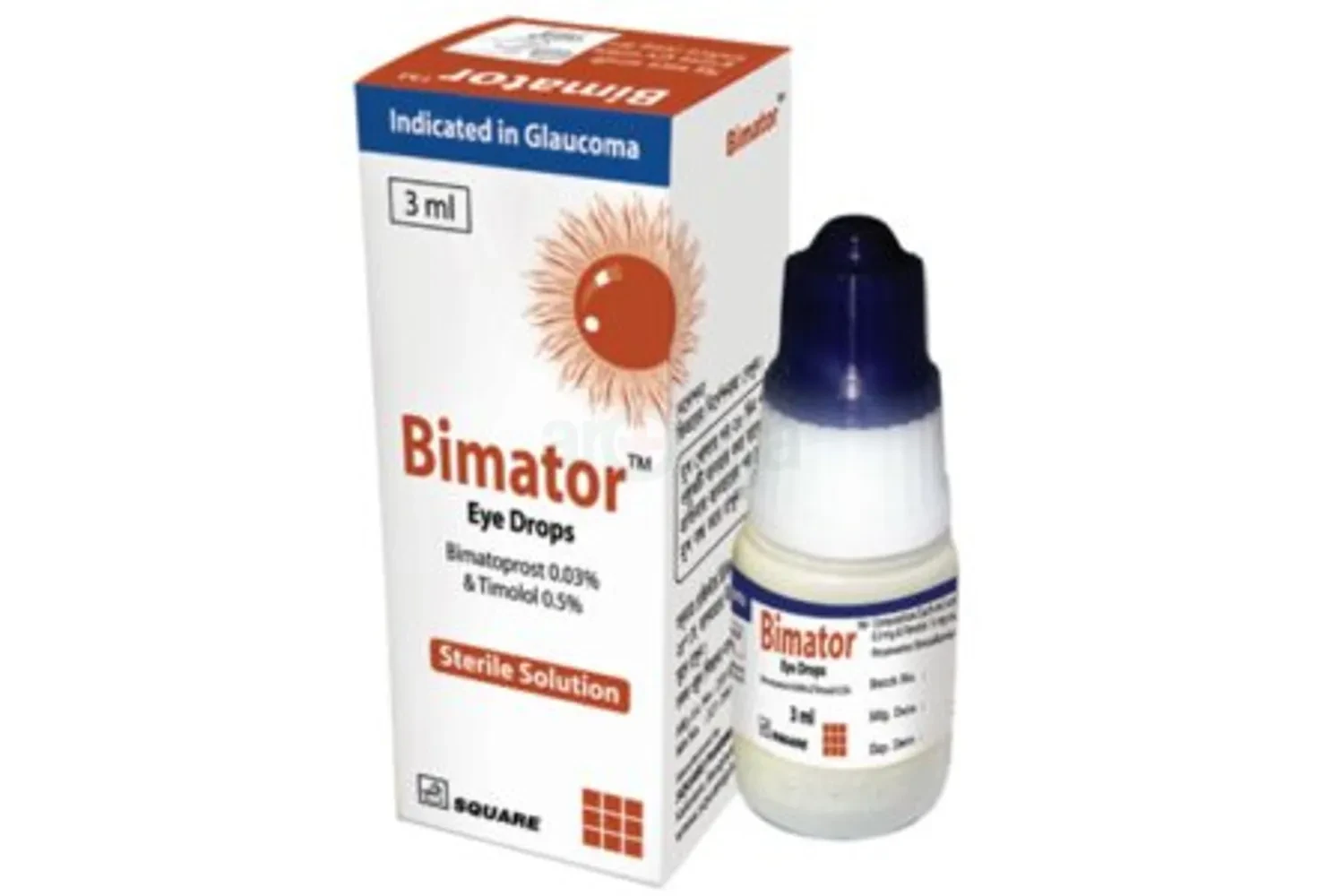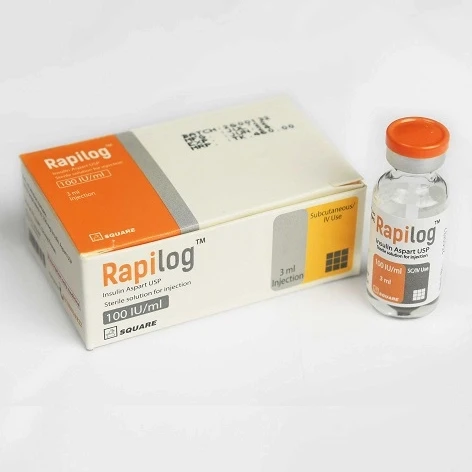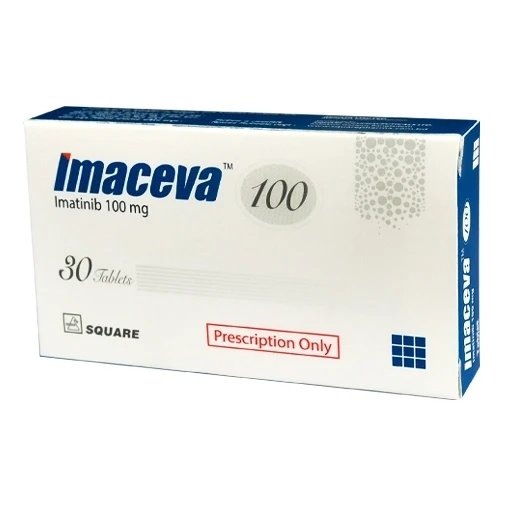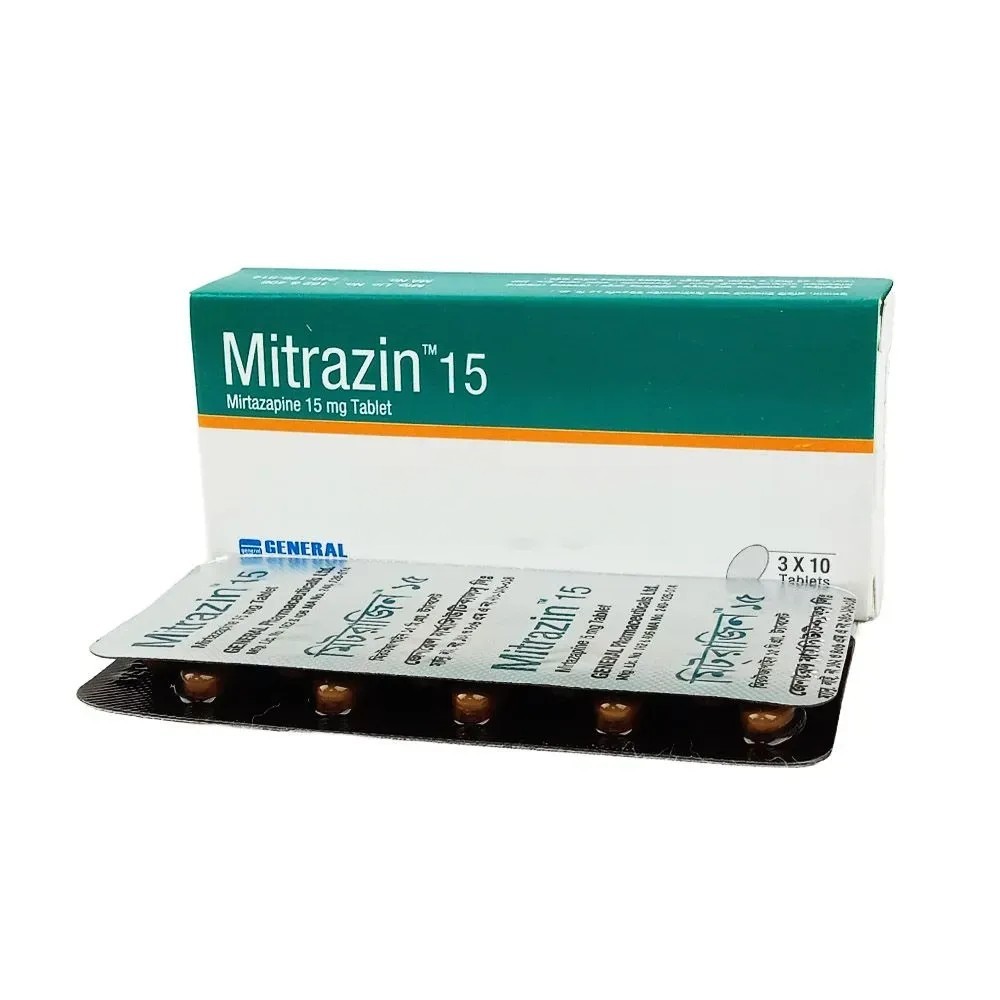

Mitrazin Tablet, Mirtazapine 15 mg
Inhouse product
-
৳11.40
৳12.00 -
৳42.75
৳45.00 -
৳16.63
৳17.50 -
৳2.14
৳2.25
Reviews & Ratings
Indications
Mitrazin Tablets are
indicated for the treatment of major depressive disorder (MDD).
* রেজিস্টার্ড চিকিৎসকের পরামর্শ মোতাবেক ঔষধ সেবন করুন'
Pharmacology
Pharmacodynamics: The mechanism of action of Mirtazapine as
with other drugs effective in the treatment of major depressive disorder is
unknown. Evidence gathered in preclinical studies suggests that Mirtazapine
enhances central noradrenergic and serotonergic activity. These studies have
shown that Mirtazapine acts as an antagonist at central presynaptic
α2-adrenergic inhibitory autoreceptors and heteroreceptors, an action that is
postulated to result in an increase in central noradrenergic and serotonergic
activity. Mirtazapine is a potent antagonist of 5- HT2 and 5-HT3 receptors.
Mirtazapine has no significant affinity for the 5-HT1A and 5-HT1B receptors.
Mirtazapine is a potent antagonist of histamine (H1) receptors, a property that
may explain its prominent sedative effects. Mirtazapine is a moderate
peripheral α1-adrenergic antagonist, a property that may explain the occasional
orthostatic hypotension reported in association with its use. Mirtazapine is a
moderate antagonist at muscarinic receptors, a property that may explain the
relatively low incidence of anticholinergic side effects associated with its
use.
Pharmacokinetics: After oral administration of Mirtazapine
tablets, the active constituent mirtazapine is rapidly and well-absorbed,
reaching peak plasma levels after about 2 hours. Binding of mirtazapine to
plasma proteins is approximately 85%. The mean half-life of elimination is
20-40 hours; (26 hours in males, 37 hours in females). The half-life of
elimination is sufficient to justify once-a-day dosing. Mirtazapine displays
linear pharmacokinetics within the recommended dose range. Mirtazapine is
extensively metabolized and eliminated via the urine and faeces four days.
Major pathways of biotransformation are demethylation and oxidation followed by
conjugation.
Dosage &
Administration
Adult dose: The recommended starting dose for
Mirtazapine tablets is 15 mg/day, administered in a single dose,
preferably in the evening or prior to sleep. The effective dose range was
generally 15 to 45 mg/day and the patients not responding to the initial 15 mg
dose may benefit from dose increases up to a 30 mg to maximum of 45 mg/day.
Mirtazapine has an elimination half-life of approximately 20 to 40 hours;
therefore, dose changes should be made at intervals of less than 1 to 2 weeks
in order to allow sufficient time for the therapeutic response to a given dose.
Use in children: Use in children are not recommended to
Mirtazapine.
Missed Dose: If anyone misses a dose of mirtazapine, take
it as soon as remember unless it is close to when the next dose is due. If
anyone missed a dose of medication and it is close to the time of next dose,
skip the missed dose and should take next dose at the regularly scheduled time.
One should not take double or more than prescribed dose.
* রেজিস্টার্ড চিকিৎসকের পরামর্শ মোতাবেক ঔষধ সেবন করুন'
Interaction
Mitrazin has
clinically significant drug-drug interactions with Monoamine Oxidase Inhibitors
(MAOI) & other serotonergic drugs such as tryptophan, triptans, linezolid,
serotonin reuptake inhibitors, venlafaxine, lithium, tramadol, or St. John's
wort. Mitrazin may interrupt the metabolism or activity of Carbamazepine,
Phenytoin or Cimetidine. Patient should avoid Alcohol & Diazepam while
taking Mitrazin.
Contraindications
Hypersensitivity: Mirtazapine is contraindicated in patients
with a known hypersensitivity to Mirtazapine or to any of the excipients.
Monoamine Oxidase
Inhibitors: The concomitant use
of Mirtazapine and a monoamine oxidase (MAO) inhibitor is contraindicated.
Mirtazapine should not be used within 14 days of initiating or discontinuing
therapy with a monoamine oxidase inhibitor (MAOI).
Side Effects
The most common side
effects of Mitrazin are dizziness, drowsiness, dry mouth, increased appetite,
weight gain etc.
Pregnancy &
Lactation
Pregnancy Category-C.
Patients should be advised to notify their physician if they become pregnant or
intend to become pregnant during Mirtazapine therapy. Patients should be
advised to notify their physician if they are breastfeeding an infant.
Precautions &
Warnings
Patients, their
families, and their caregivers should be encouraged to be alert to the
emergence of anxiety, agitation, panic attacks, insomnia, irritability,
hostility, aggressiveness, impulsivity, akathisia (psychomotor restlessness),
hypomania, mania, other unusual changes in behavior, worsening of depression,
and suicidal ideation, especially early during antidepressant treatment and
when the dose is adjusted up or down. Patients who are to receive Mitrazin
should be warned about the risk of developing agranulocytosis. Mitrazin may
impair judgment, thinking, and particularly, motor skills, because of its
prominent sedative effect. Clinically significant ALT (SGPT) elevations (≥3
times the upper limit of the normal range) may occur.
Therapeutic Class
Atypical
anti-depressant drugs
Storage Conditions
Keep away from light
and moisture. Store below 30º C. Keep all medicine out of the reach of
children.
Frequently Bought Products
Revocit Tablet, Ferric Citrate 210 mg
Frabex Capsule, Tranexamic Acid 500 mg
Rapilog SC Injection 3ml Vial, Insulin Aspart 100 IU/ml
Monas Chewable Tablet, Montelukast Sodium 4 mg
Imaceva Tablet, Imatinib Mesylate 100 mg
Product Queries (0)
Login Or Registerto submit your questions to seller
Other Questions
No none asked to seller yet
-
৳11.40
৳12.00 -
৳42.75
৳45.00 -
৳16.63
৳17.50 -
৳2.14
৳2.25




